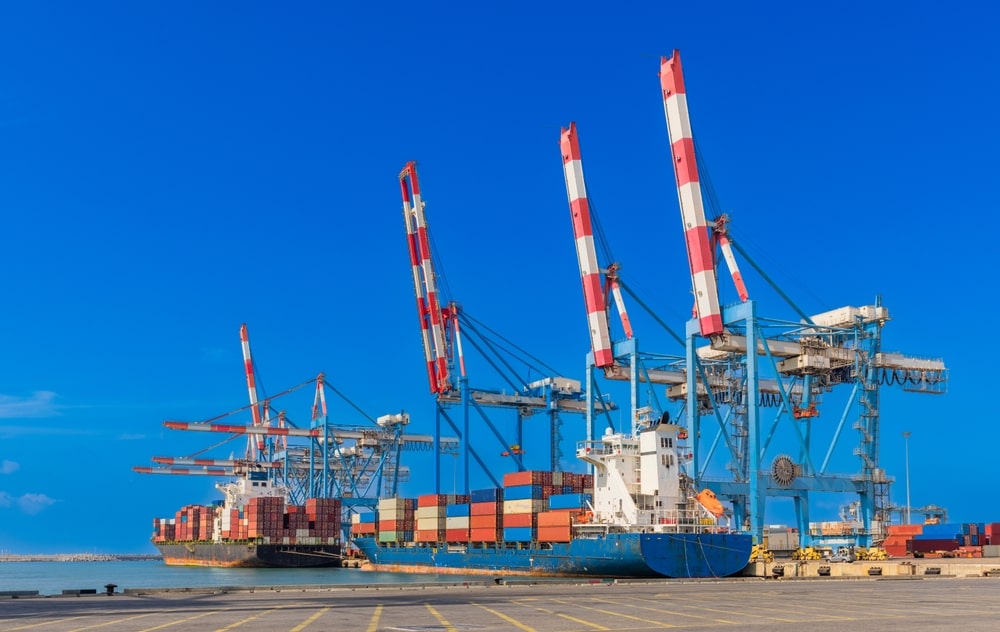
Maritime underwriters are closely monitoring the situation in Israel, as the conflict between Israel and Hamas shows no signs of ending yet, despite international pressure for a ceasefire.
Insurance premiums for Israel-bound shipments have risen tenfold, a rise that been driven by a squeeze on food supplies into Israel and by the threat of transporting foods into Israel’s ports.
This rise in premiums has led to many logistics and maritime security companies scaling back operations in and around Israel due to the additional costs required, reports Ship Technology.
Ashkelon, a key Israeli port, has been closed for a few weeks, in the wake of an attack on the city by a missile from Palestinian militants. The port is also known as an unofficial port for food imports into Gaza according to Ship Technology.
Haifa, which is in the north of Israel and therefore slightly removed from the conflict, is seeing a boom in trade. The port has seen an 80% increase in the volume of traffic since October 7th, Reuters reports.
Haifa has an annual flow of trade of $26 billion according to Russell’s ALPS Marine analysis.
Israel closed the port of Ashdod, which is a major hub for potash and bromine exports from Israel according to CNBC.
Potash is used in fertiliser. Meanwhile, Bromine is used in textiles, pharmaceuticals, oil and gas, food and beverage making, energy generation, construction, and electronics, adds CNBC.
ICL Group, a major Israeli-based manufacturing company, which provides fertiliser, chemicals and metals for the agriculture, food, and material sectors, is responsible for one-third of the global bromine supply.
Haifa and Ashdod are key ports for food imports into Israel. Israel imports three times as much food and agriculture than it exports, with key imports including live animals for meat, sugar, oil, grain, and feed, according to media outlets.
While the bulk of the marine traffic has been diverted to Haifa, there has been an uptick in traffic to the port of Eilat. The port’s location makes it convenient for ships circumventing Gaza, as they can pass through the Suez Canal, thus entering the Gulf of Aqaba.
However, there have been reports of attacks near Eilat, with the port close to Lebanon.
Many oil tankers in the Red Sea are taking the decision to shut off their global tracking transponders, known as Automatic Identification Systems (AIS), to traverse waters undetected, reports CNBC.
This move was made to evade detection, with some shipping lines being advised to wait offshore in the wake of attacks on the ports of Ashdod and Eilat.
Similarly, many tankers are choosing to not only turn their trackers off in transit but also when arriving at port, which has significant delays in discharging and onboarding cargo, CNBC reports.